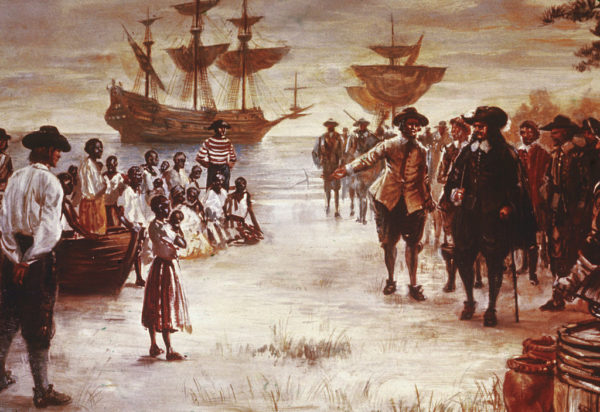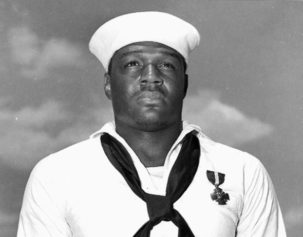New Jersey public school teachers will get to travel both domestically and abroad to learn how to better educate students about Black history, education officials announced at a news conference Friday.
The initiative is due to a 17-year-old state mandate that although was signed into law in 2002 by former Gov. Jim McGreevey has not been widely adopted, according to The Philadelphia Inquirer.
The Amistad law requires all public schools to teach Black history, the newspaper reported.

Education and civil rights advocates including Dr. Cornel West spoke at the news conference unveiling the new initiative.
Ed Richardson, executive director of the New Jersey Education Association, said in the Amistad Journey program 20 educators will be selected for the site visits next summer.
The first sites will probably be to Jamestown, Virginia, Charleston, South Carolina, and New Orleans, with a latter trip to the “door of no return” in Ghana, he told The Philadelphia Inquirer.
Jacqui Greadington, an activist and retired music teacher, told the newspaper she got the idea for the program after a visit to Ghana she said “changed my life forever.”
“There are people who have no clue about the value of the African American story,” Greadington said.
The teachers’ association will foot the about $75,000 yearly bill for the program, according to The Philadelphia Inquirer.
State Education Commissioner Lamont Repollet, New Jersey’s first black schools chief, said, beginning this school year, districts that fail to implement African-American history into lesson plans can lose points in their state evaluation.
“This work is personal for me,” Repollet said.
The Amistad bill is named in honor of slaves who gained their freedom in 1839 after overthrowing the crew of the Amistad slave ship, according to a commission tasked with promoting wider implementation of Black history.
“Our mandate has shifted from one of inclusion to one of infusion,” the commission said on its website.
“Our goals are revolutionary because they challenge the ‘either-or’ notion that if you study African Americans, you have to leave out the important events and people in the national narrative – the people in seats of political and economic power such as George Washington, John Marshall, Henry Ford, and Woodrow Wilson.”
Stephanie James Harris, the commission’s executive director, told The Philadelphia Inquirer that while the Amistad Commission hosts 10-day workshops for about 150 educators each summer, students need more.
“All of our stories need to be told,” Harris told the newspaper. “All of our narratives are important to American history.”


